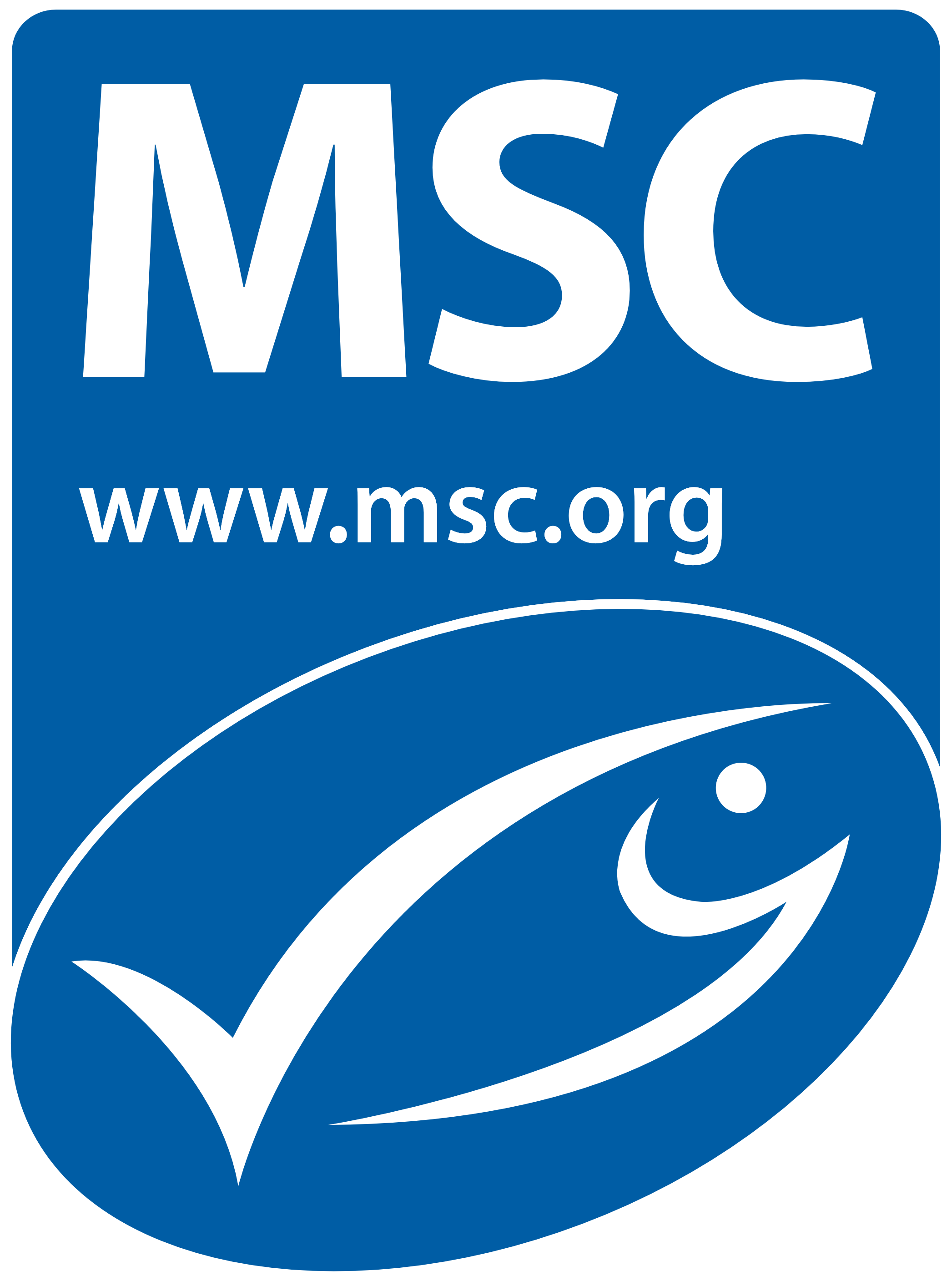New report finds younger consumers experience more eco-guilt when they grocery shop
Rising food costs and ongoing economic uncertainty are taking a toll. New data from a Léger survey conducted for the MSC (March 21-24, 2025) shows that 74% of Canadians say a tight budget is their primary focus at the grocery store, and 6-in-10 are feeling “too stressed” about finances to think about the environment when grocery shopping.
According to the report, younger consumers aged 18-34 more often reported feeling guilty for prioritizing budget over planet (56% versus 43% for those aged 35+). They are also the ones who agree the most that if we all ate more seafood and less meat like beef and pork it would benefit the planet.
On the upside, 67% of Canadians surveyed said they wished they could do more to protect the environment.
The MSC confirms that budget and planet don’t need to be at odds - as brands and retailers broaden their sourcing to more MSC certified fisheries, product options are increasingly available at a variety of price points. Today, over 19% of global wild catch from 716 fisheries is engaged in the MSC program.
Here are a few simple choices that can help Canadians shop more sustainably:
Make a gradual shift to a more Mediterranean diet rich in fruits, vegetables, beans or legumes, grains and fish.
Swap meat for sustainable seafood once or twice a week. Try something new like affordable canned sardines in pasta, or a chopped tuna sandwich full of crunchy Spring veg.
Ditch those clear plastic bags in the produce aisle – simply pack more delicate produce on top of heavier items in a reusable shopper.
Consider the Climate-Impacts of the Protein on your Plate
According to the new report, 64% of Canadians surveyed agree they are focused on getting more protein than they were a few years ago.
Consumers who want to help combat climate change, deforestation and water scarcity can consider incorporating wild fish into their weekly meals.
That’s because, on average, and across the whole supply chain, wild fish produces about half the greenhouse gas emissions of chicken and 20 times less than beef. It doesn’t require land, fresh water, fertilizers or pesticides.
That said, overfishing can have serious implications for ocean health. Sustainable fishing on the other hand produces a healthy, low carbon source of wild food that allows oceans to remain biodiverse and productive generation after generation. That’s why it’s important to look for a verified mark of sustainable fishing like the MSC ‘blue fish’ label.

Sustainable wild seafood has a low environmental impact and thanks to brands and retailers that partner with the MSC, there are options at every price.
[Read the latest MSC Canada Tuna Report: The Transformational Power of Canned Tuna]
Canadians will find over 400 seafood products with the MSC label at major grocers across Canada like Costco, Loblaws, Sobeys, Whole Foods and even Walmart. Most often, they’re found in the more affordable frozen or canned aisles, and there are even pet food products made with MSC certified sustainable fish.
About the Survey
The MSC used Leger’s LEO online panel to survey 1,605 Canadians, aged 18+. The survey was completed between March 21 and March 24, 2025. Weighting was applied by age, gender region, education, and language, based on Statistics Canada data. No margin of error can be associated with a non-probability sample (i.e., a web panel in this case). For comparative purposes, a probability sample of 1,605 respondents would have a margin of error of ±2.4%, 19 times out of 20.
